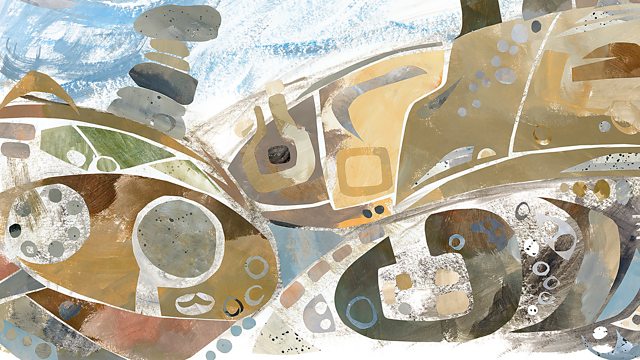Grave
Archaeologist Rose Ferraby explores a Neolithic grave, and what the objects found in it reveal about how we have tried to come to terms with death over the ages.
Archaeologist Rose Ferraby continues the second series of EarthWorks. In this essay, she considers graves as sites of slow accumulation, where the lives and deaths of human history intercut and overlap. We begin at the British Museum where Rose holds in her hands the Folkton Drums, three decorated chalk objects discovered in the grave of a Neolithic child in the Yorkshire Wolds over 5000 years ago. The encounter invites reflections on how human rituals of death - such as the practice of installing grave goods - have sought to meet the loss of bereavement. For Rose, there is a peculiar privilege wrapped up in the work of the archaeologist, this chance to encounter and handle the remains of previous generations, to become closely connected with the sites where a life has been shifted into the land. Archaeology, she concludes, is about people, empathy and humanity.
Produced by Mark Smalley
A Reduced Listening production for BBC Radio 3
Last on
Broadcasts
- Tue 11 Jul 2023 22:45BBC Radio 3
- Tue 27 May 2025 21:45BBC Radio 3
Death in Trieste
Watch: My Deaf World
The Book that Changed Me
Podcast
-
![]()
The Essay
Essays from leading writers on arts, history, philosophy, science, religion and beyond.






